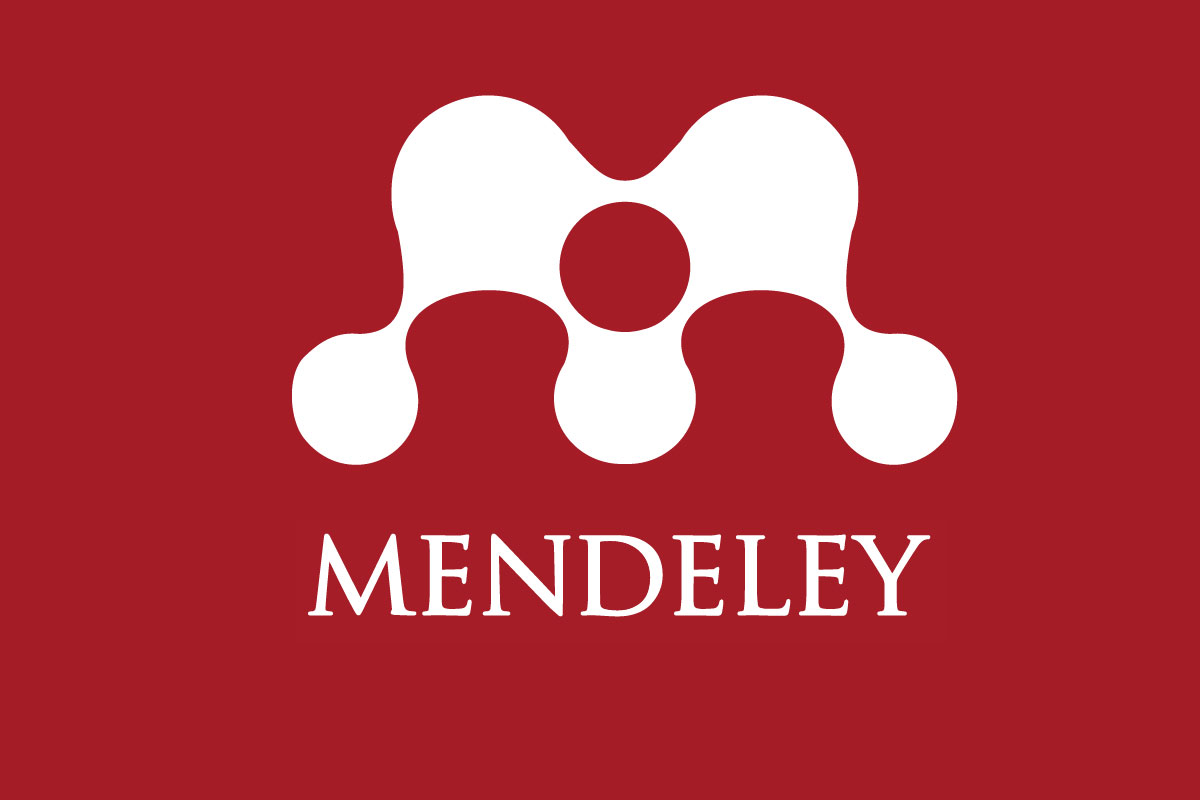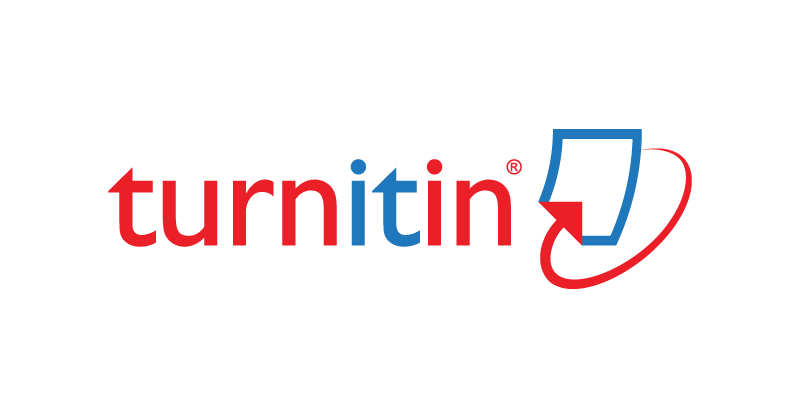Pengaruh Manajemen Mutu Farmasi Terhadap Peningkatan Mutu Pelayanan Rumah Sakit Umum Rajawali Citra Bantul Yogyakarta
Keywords:
Therapeutic Communication, New Patient Orientation, Patient SatisfactionAbstract
Background: Hospitals are labor-intensive, capital-intensive, technology-intensive and skills-intensive organizations. The demands of progress which require the improvement of all aspects of the Hospital in the context of providing quality services, make the problems in the Hospital even more complex. Hospital service quality dimensions (ServQual) consist of (1). Reliability (reliability), (2). Assurance (3), physical evidence (tangible), (4) empathy, and (5) responsiveness. Hospital pharmacy services are one of the activities in hospitals that support quality health services. This is clarified in the Decree of the Minister of Health Number 1333/Menkes/SK/XII/1999 concerning Hospital Service Standards, which states that hospital pharmacy services are an integral part of the hospital health service system. Method: This research is a quantitative descriptive study with a cross sectional design, because it is a research that seeks or obtains independent (free) and dependent (bound) variables which are carried out at the same time. Result: Data were analyzed with validity and reliability tests for each questionnaire item, with valid and reliable results. For processing and analysis of research data using multiple regression analysis, t test and f test. The independent variable in this study is quality management which includes reliability, responsiveness, assurance, empathy and tangibles, while the dependent variable is service quality improvement (Y). The known regression equation is: Y = 0.191 + 0.159 X1 + 0.129 X2 + 0.199 X3 + 0.227 X4 + 0.138 X5. The results of a significance of 0.000 < 0.05 or (p ) < ?, indicate that simultaneously or partially the independent variable has an influence on the dependent variable, and hypothesis testing with the F test is obtained: for the calculated F value is 25.141> F table is 2.330 while the coefficient the determination (R2) is 0.614. Conclusion: This study is that there is a significant influence of pharmaceutical quality management on service quality improvement of 61.4%, and the hospital should prioritize the quality of service for optimal satisfaction results.
References
Jusriani, Junaid, & Lisnawaty. (2016). Hubungan Mutu Pelayanan Kesehatan Dengan Kepuasan Pasien Rawat Jalan Puskesmas Puriala Kecamatan Puriala Kabupaten Konawe Tahun 2016. Retrieved from http://jurnal Universitas Halu Oleo.ac.id/index.JIA212016_sitedi_Jusriani.1.pdf
Kementerian Kesehatan RI. (1999). Keputusan Menteri Kesehatan Republik Indonesia Nomor 1333/Menkes/SK/XII/1999 tentang Standar Pelayanan Rumah Sakit. Jakarta.
Kementerian Kesehatan RI. (2016). Peraturan Menteri Kesehatan Republik Indonesia No. 72 Tahun 2016 tentang Standar Pelayanan Kefarmasian di Rumah Sakit. Jakarta.
Kementerian Kesehatan RI. (2020). Peraturan Menteri Kesehatan Republik Indonesia No 3 Tahun 2020 tentang Klasifikasi dan Perijinan Rumah Sakit. Jakarta.
Muninjaya, A. (2015). Manajemen Mutu Pelayanan Kesehatan. Jakarta: EGC.
Notoadmojo, S. (2014). Metodologi Penelitian Kesehatan. Jakarta: PT Rineka Cipta.
Pemerintah Indonesia. (2009). Undang-Undang Republik Indonesia No. 44 Tahun 2009 Tentang Rumah Sakit. Jakarta.
Pohan, I. S. (2015). Jaminan Mutu Layanan Kesehatan Dasar Dasar Pengertian dan Penerapan. Jakarta: EGC.
Soeroso, S. (2003). Manajemen Sumber Daya Manusia di Rumah Sakit?: Suatu Pendekatan Sistem. Jakarta: EGC.
Sugiyono. (2017). Metode Penelitian Kuantitatif, Kualitatif, dan R&D. Bandung: Alfabeta.
Downloads
Published
Issue
Section
License
Copyright (c) 2022 Jurnal Indonesia Sehat

This work is licensed under a Creative Commons Attribution-ShareAlike 4.0 International License.








